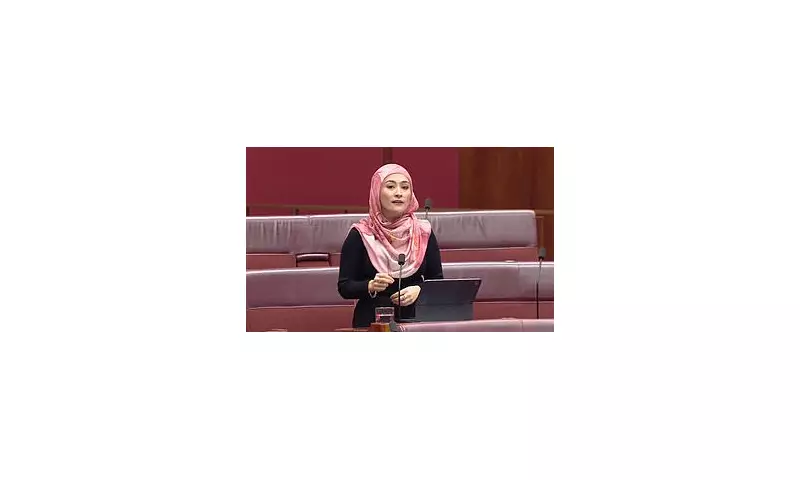
Australian Labor Senator Fatima Payman has launched a stinging counterattack against prominent US right-wing commentator Charlie Kirk, branding his behaviour "disgusting" after he called her an "awful human being" during a contentious televised interview.
The dramatic clash unfolded on Kirk's show, "The Charlie Kirk Show," where the discussion quickly escalated into a heated exchange over Senator Payman's pro-Palestine stance and her recent suspension from the Australian Labor Party caucus.
A Tense Trans-Pacific Confrontation
The interview began with Kirk aggressively questioning Senator Payman on her political allegiances, demanding to know if she condemned Hamas. The Australian politician stood her ground, deflecting the question and criticising the framing of the discussion.
"You are an awful human being," Kirk declared during the segment, a remark that has since sparked widespread controversy across international media platforms.
Payman's Powerful Response
In the aftermath, Senator Payman did not hold back in her assessment of the American commentator's conduct. "His behaviour was disgusting and it was very unprofessional," she stated, emphasising her disappointment in what she described as a lack of journalistic integrity.
The first-term Senator, who made history as the first woman to wear a hijab in Australia's parliament, defended her position on Palestine as a matter of conscience and principle rather than party politics.
Background: The Labor Party Suspension
The interview tension was amplified by Senator Payman's recent suspension from the Labor Party caucus. This disciplinary action came after she crossed the floor to support a motion recognising Palestinian statehood, directly defying Prime Minister Anthony Albanese's government position.
Her suspension highlights the ongoing internal tensions within the Labor Party regarding international policy and the boundaries of permissible dissent among its members.
International Reactions and Implications
The fiery exchange has drawn attention to the growing influence of international media figures on domestic political discussions and the challenges faced by politicians of colour in confronting aggressive interview tactics.
Political analysts suggest the incident underscores the increasingly global nature of political discourse and the potential pitfalls when commentators from different political traditions and national contexts clash.






